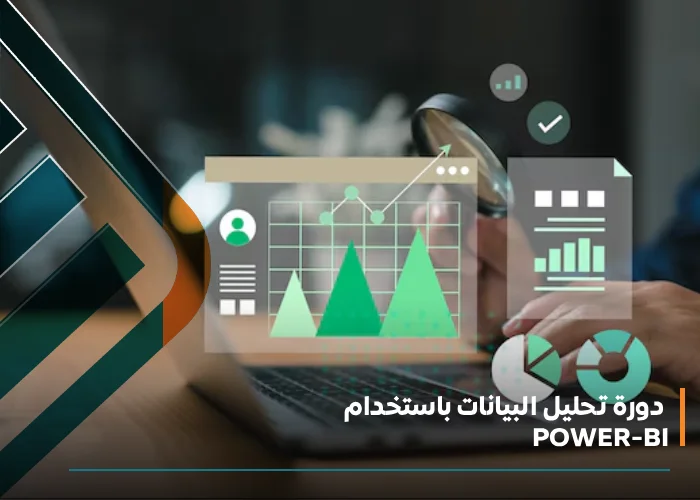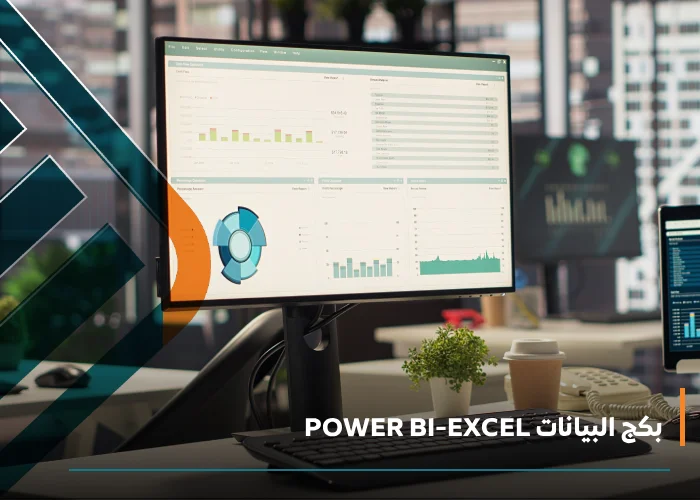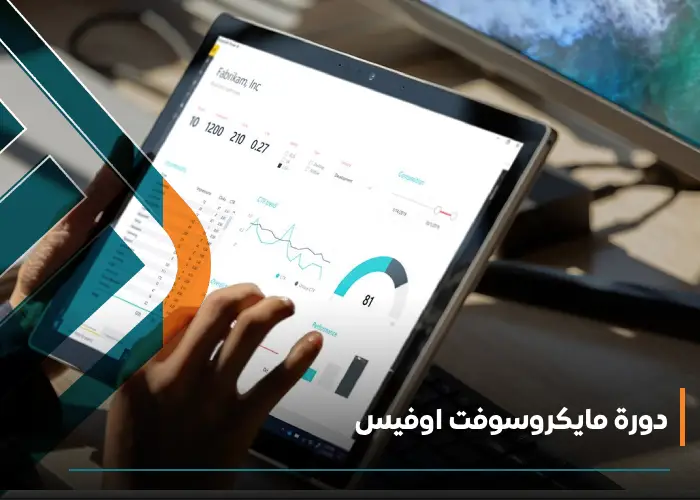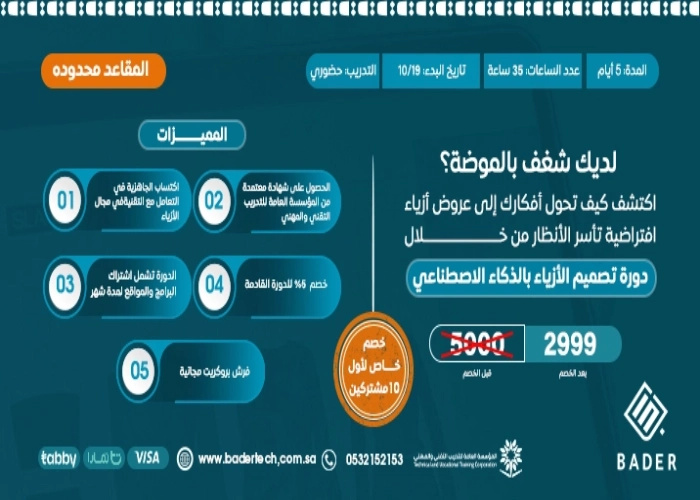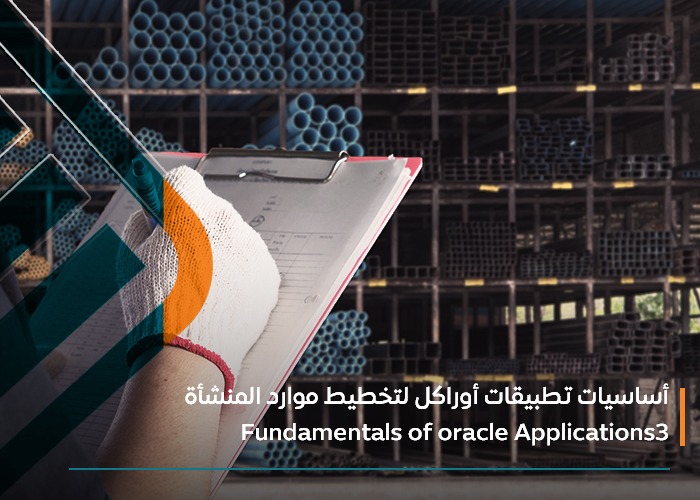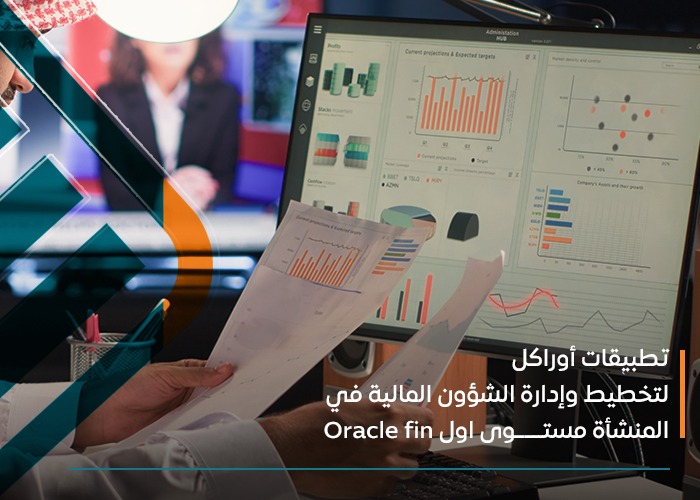About course
In the evolving business world, employee motivation is one of the key factors that directly influence team productivity and employee satisfaction. A productive work environment requires advanced motivational strategies that inspire individuals to innovate and excel, which positively impacts the overall performance of the organization. Whether you're a leader aiming to boost team spirit or a human resources manager, motivating employees is essential to ensure continuous success and growth within the organization.
This training course aims to equip participants with the latest employee motivation strategies that help enhance job commitment and organizational loyalty. We will cover a variety of effective motivational methods, including both material and moral incentives, as well as techniques for motivating remote teams. We will also explore how to apply these strategies in different work environments, including teamwork and remote teams, to ensure the achievement of organizational goals and enhance both individual and collective performance.
By the end of this course, participants will be able to identify the best motivational methods according to their specific work environment needs, thereby increasing productivity and achieving organizational objectives efficiently and effectively.
The Importance of Employee Motivation in the Workplace
Employee motivation is one of the key factors that directly impacts team productivity and the quality of performance within organizations. In a competitive work environment, effective motivational strategies play a significant role in improving employees' morale, contributing to increased job commitment and organizational loyalty. Achieving this does not only require providing material incentives, but also involves motivating the moral aspect and recognizing efforts, making employees feel valued and a sense of belonging.
Employee motivation is not only about boosting productivity but also contributes to reducing turnover rates and increasing job satisfaction. When employees feel they are part of a healthy work environment supported by continuous motivation, they are more driven to innovate and create, contributing to the achievement of company goals efficiently and effectively.
Furthermore, motivation strengthens teamwork and encourages employees to give their best, helping to build cohesive teams. Motivating employees also reflects in improving team performance and increasing productivity, thus enhancing the financial results of the organization. By adopting diverse motivational methods, such as monetary rewards, professional development opportunities, and recognition of achievements, organizations can create a work environment that motivates their employees to perform at their best.
Effective Strategies to Motivate Employees
Employee motivation strategies are fundamental pillars that contribute to improving team productivity and boosting morale in the workplace. When employees feel that their efforts are appreciated and rewarded, it enhances organizational loyalty and increases job satisfaction, positively reflecting on the organization's overall performance. Motivation methods vary, but choosing the right strategies based on the work culture and employee needs is essential.
-
Material and Moral Incentives
Material incentives, such as bonuses and salary increases, are among the most effective motivation strategies. However, strategies are not limited to money alone; moral incentives such as public recognition and acknowledgment of achievements also play a vital role in motivating employees. Organizations can use techniques such as weekly recognition or offering awards for top employees.
-
Continuous Professional Development
By providing opportunities for training and professional development, organizations can create an environment that encourages employees to grow and continue learning. This strategy enhances employee motivation by investing in their skills and knowledge. The Employee Motivation course offered by Badr Center is an example of how personal development for employees can improve their performance and create a more productive work environment.
-
Effective Communication
Having open communication channels with employees is one of the essential strategies for motivating them. By listening to their needs and providing continuous constructive feedback, employees feel valued and engaged, which enhances team spirit and increases internal interaction. Organizations can adopt electronic communication tools to improve continuous interaction between all parties.
-
Recognition Opportunities and Non-Material Rewards
Offering recognition opportunities, such as highlighting employee achievements in meetings or through personal thank-you messages, can have a significant impact on motivating employees. Non-material rewards such as paid time off or flexibility in working hours can also increase employees' desire to work creatively and achieve goals.
-
Promoting a Positive Work Environment
By building a supportive and encouraging work environment, organizations can significantly motivate their employees. Providing a comfortable environment that fosters creativity and innovation raises productivity and reduces workplace tensions. Furthermore, psychological support from leaders is a crucial factor in motivating employees, as employees feel confident in making decisions and contributing their ideas.
Through effective motivation strategies provided by Badr Center in its training courses, organizations can build a work environment that motivates employees and enhances their performance sustainably. Badr Center focuses on developing leadership and management skills that contribute to the effective application of these strategies, enhancing positive interaction and productivity in the workplace.
How to Measure the Effectiveness of Motivation Programs
Measuring the effectiveness of employee motivation programs is a critical step to ensure that the strategies implemented achieve the desired goals in improving team productivity and job satisfaction. Continuous evaluation of motivation programs is one of the main factors that contribute to improving the work environment, ensuring that motivation not only involves giving incentives but also achieving positive change in employee behavior and performance.
-
Analyzing the Impact of Incentives on Performance
One of the key metrics for measuring the effectiveness of motivation programs is analyzing the impact of incentives on employee performance. This includes monitoring productivity increases, quality improvements, and work innovation after implementing motivation programs. Organizations can measure this impact using tools such as surveys or individual interviews to determine if employees have improved their performance as a result of material or moral incentives.
-
Monitoring Changes in Employee Behavior
Employee behavior is one of the key indicators to measure the effectiveness of motivation programs. If an organization notices an improvement in team collaboration and positive interaction among employees, it is a sign that motivation programs are working. This can be measured through surveys and individual performance indicators such as commitment and participation in activities.
-
Loyalty and Retention Indicators
One of the main metrics for measuring the effectiveness of motivation programs is the retention rate and organizational loyalty. If motivation programs are effective, they lead to increased loyalty and reduced turnover rates among employees. This metric can be monitored by analyzing historical data about employees who have chosen to stay with the organization after implementing motivation programs.
-
Reviewing Performance Appraisal Results
Annual performance appraisals are a powerful tool for measuring the effectiveness of motivation programs. By comparing performance before and after implementing motivation programs, organizations can determine whether the motivation strategies have resulted in a tangible improvement in performance. If there is an increase in positive appraisals and individual achievements, it is considered evidence of the success of motivation programs.
-
Surveying Employee Feedback on Motivation Programs
Surveys are an effective tool for obtaining direct feedback from employees about the motivation programs implemented. Through these surveys, the organization can understand how willing employees are to continue participating in motivation programs and determine whether these programs have achieved their goals. Open-ended questions in the survey can help analyze employees' feelings and provide valuable insights into the motivating factors that make a significant difference in performance.
-
Analyzing the Link Between Motivation and Innovation
One of the indicators of the effectiveness of motivation programs is how they influence innovation and creativity in the workplace. When employees are motivated, they become more willing to present new ideas and innovative solutions. Organizations can measure this impact by analyzing the new ideas submitted after motivation programs and the rate at which these ideas are applied to improve processes.
Best Center for Employee Motivation Training: Badr Center
If you're looking for the best center for employee motivation training, Badr Center is the ideal choice. Badr Center offers a specialized course in employee motivation, with professional training content that is the best in the market. Through this course, participants will learn how to improve team productivity and boost morale within the workplace. The program includes modern and effective strategies for motivating employees, whether through material or moral incentives.
What sets Badr Center apart is its offering of accredited certificates from prestigious organizations, which enhances employment opportunities for participants in the job market. In addition, the program includes continuous support to ensure that the skills acquired are effectively applied in real work environments, with a focus on developing leadership skills and performance management.
By choosing Badr Center, you are guaranteed a high-quality training program that will help you achieve sustainable success in the field of employee management and motivation.

